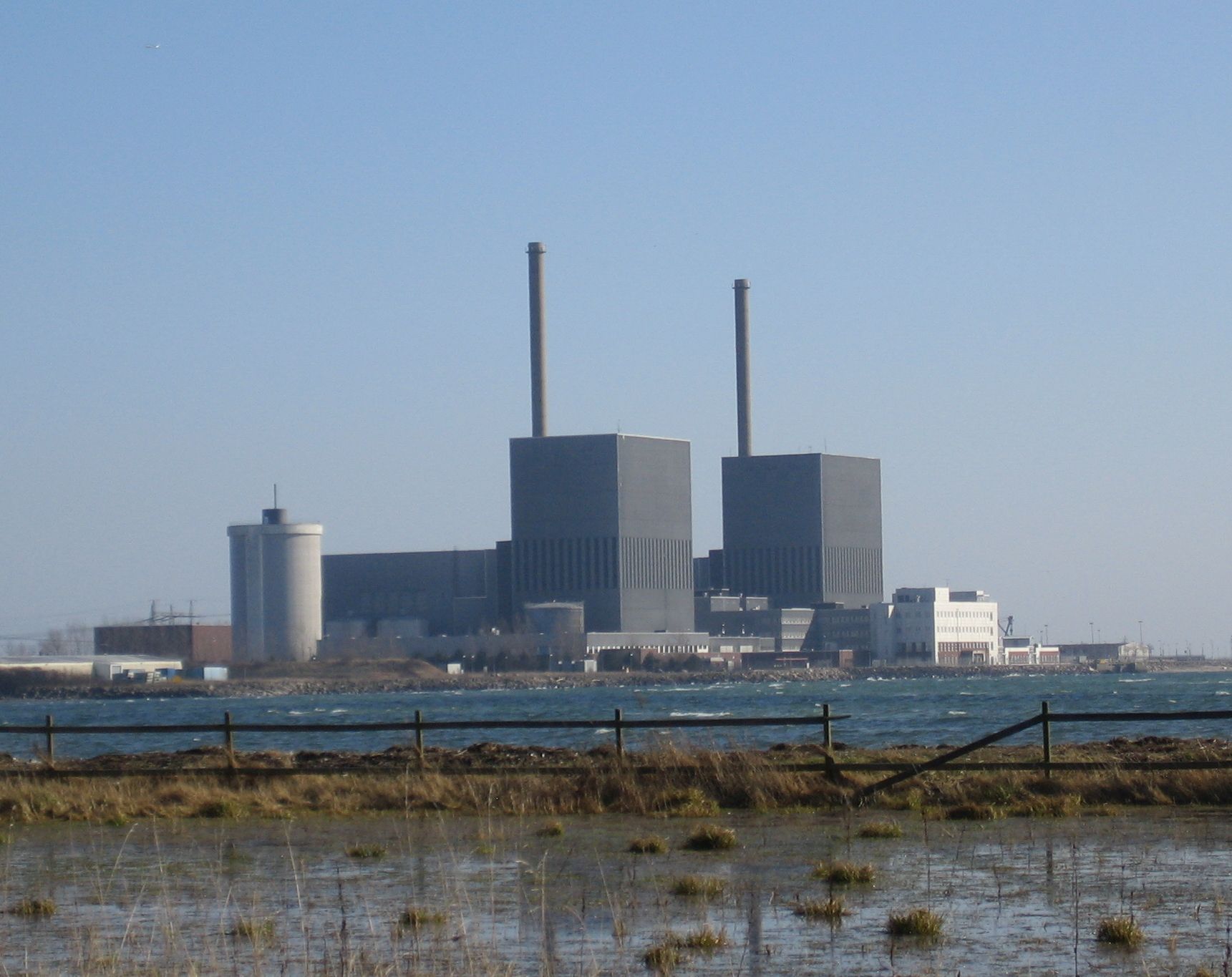If you feel like it has been rather chilly compared to usual this time of year, you're right. According to meteorology institute DMI, this month will go down as the coldest April in 25 years, with a paltry average temperature of 5.5 degrees Celsius.
”That is 0.2 degrees Celsius under the climate norm from 1961 to 1990, and a whole 2.0 degrees under the 2001-2010 decade average,” climatologist Mikael Scharling said in a DMI press release. “If the 5.5 degrees average holds true, then we have to go all the way back to 1988 to find an April that equals this month’s temperature levels.”
Making the cold even more miserable, this year’s frigid April comes just a couple of years after April temperatures were setting national records.
”Two years ago, in 2011, we measured the warmest April in Danish history, at 9.9 degrees Celsius. We also topped [a monthly average of] nine degrees in 2009 and 2007 as well,” Scharling said.
While people may have had to keep their hats and scarves at the ready a bit longer this year, at least their umbrellas have collected more dust than usual.
“In terms of sunshine, April 2013 is a bit over the 2001-2010 decade average, while it is under the average when looking at rainfall amounts,” Scharling said.
But, perhaps there is a positive side to the news. The cold weather has also delayed the plants and trees from blossoming and allergy sufferers may have a few more weeks before pollen season hits its peak.
The coldest April ever recorded in Denmark was back in 1888, when temperature averages plummeted to just 2.5 degrees Celsius. DMI has maintained monthly nation-wide temperature averages since 1874.
Fortunately, things are looking to improve and DMI expects temperatures to get up around 17 degrees next week.
The coldest April in a quarter century followed the coldest March since 1987.












